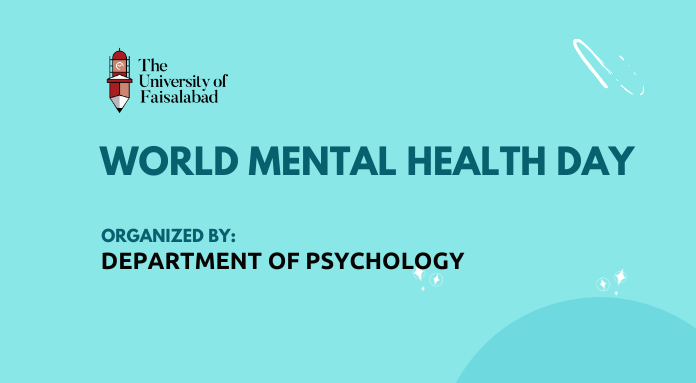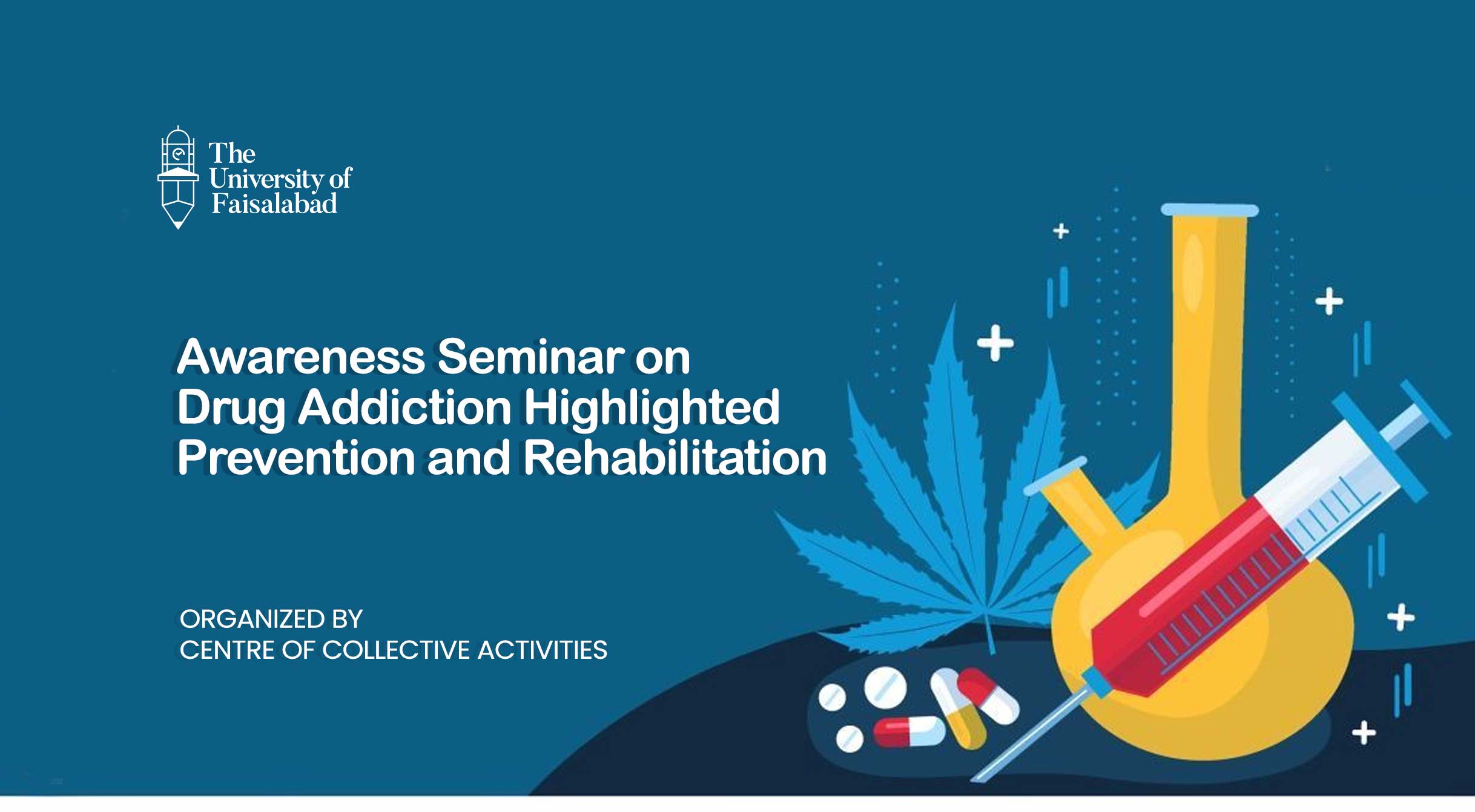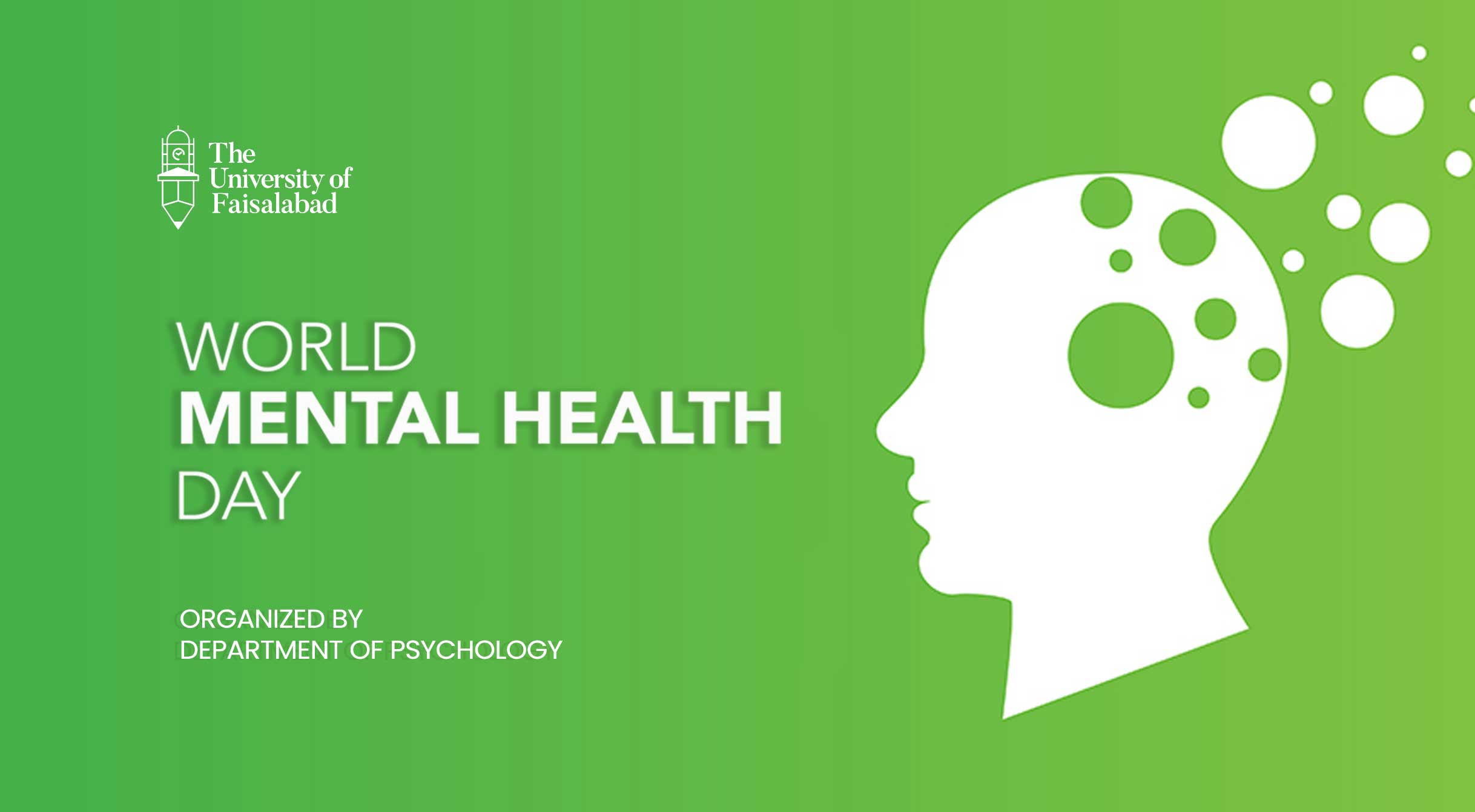
DEPARTMENT OF PSYCHOLOGY
FACULTY OF MEDICINE & ALLIED HEALTH SCIENCES
VISION
To become a leading center for psychological research, education, and innovation, fostering a deep understanding of human behavior and promoting well-being in individuals and society.
MISSION
To providing high-quality education, conducting cutting-edge research, and promoting the application of psychology in addressing societal challenges. It aims to cultivate critical thinking, research excellence, and ethical practices among students, preparing them to make meaningful contributions to the field of psychology.
OBJECTIVE:
- Provide students with a broad understanding of the core areas of psychology, including cognition, personality, social behavior, developmental processes, and abnormal psychology.
- Develop critical thinking and analytical skills to evaluate psychological research and apply psychological principles to real-world situations.
- Foster the development of effective communication skills, both written and oral, to enable students to present psychological concepts and findings clearly and persuasively.
- Encourage students to engage in hands-on research experience and projects to gain practical knowledge of psychological research methods and data analysis.
- Promote an appreciation for the diversity of human behavior and the role of cultural, social, and individual differences in shaping psychological processes.
ABOUT US
The undergraduate program in Psychology serves as a fundamental basis for higher education in the field. It has been designed in accordance with the guidelines recommended by the Higher Education Commission (HEC) and spans over 8 semesters. The program aims to provide students with a comprehensive and well-rounded education in Psychology by offering a diverse range of major and elective subjects. This approach enables students to develop a remarkable understanding of the broad applications of Psychology in their future professional endeavors. Throughout the undergraduate program, students are exposed to various areas of psychological science. They receive instruction in key foundational areas such as research methods, perception, cognition, neuroscience, developmental psychology, social psychology, personality psychology, and clinical psychology.
Program Outcomes
- Graduates will demonstrate comprehensive knowledge of major psychological theories, concepts, and research findings.
- Students will be able to design and conduct psychological research, analyze data, and interpret results using appropriate statistical methods.
- Graduates will be able to effectively communicate psychological ideas and findings to both academic and non-academic audiences.
- Students will develop the ability to critically evaluate psychological information and apply psychological principles to solve problems in various professional and personal contexts.
- Graduates will display an understanding of the ethical principles and standards that guide the practice of psychology and the conduct of psychological research.
Role and Scope:
- Understanding and explaining human behavior, cognition, and emotions across the lifespan.
- Developing effective interventions and strategies to improve mental health, well-being, and personal/interpersonal functioning.
- Advancing scientific knowledge about the human mind and behavior through rigorous research.
- Informing public policy and decision-making on issues related to mental health, social welfare, and human development.
- Applying psychological principles to various professional domains, such as: Clinical practice, Developmental processes, Social interactions, Cognitive processes, Industrial/organizational settings, Educational contexts, and health promotion and Legal and criminal justice systems.
CAREER OPPORTUNITIES
Psychology graduates can become:
• Researcher
• Teacher
• Health Psychologist
• Educational Counselor
• Marriage Counselor
• Substance Abuse Counselor
• Domestic Violence Counselor
• Child Protection Specialist
• Developmental Psychologist



